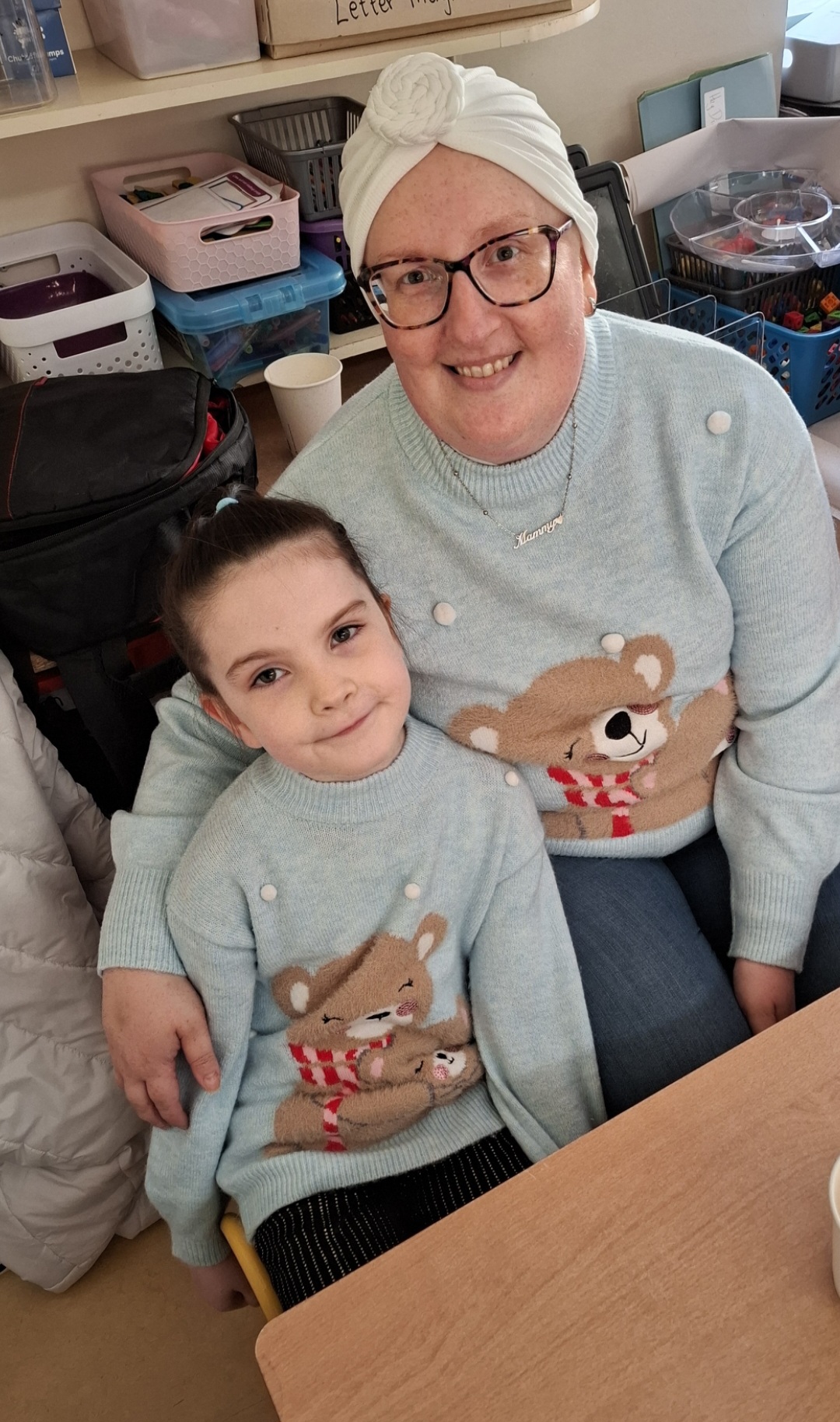Limerick women and breast cancer survivors have urged Limerick to check and help others like them by supporting the Irish Cancer Society’s great pink breakfast.
Donna Ray noticed that she had breast cancer in May last year. His general practitioner sent him to the chest clinic when he found his left breast indentation and hardness.
The mother of one Moros said she had “half -awaited eating to diagnose. The tooth of my breast was not a good sign, and when I knew my chest, I knew it felt different.”
“When I was diagnosed, I finally knew and got a confirmation of what was there.”


Donna was surgery, chemotherapy and radiotherapy, and she was happy to stop her treatment last February to tell her cancer leave.
Now he urges others to stay alert and check, as every year 3,600 women and about 30 men are diagnosed with breast cancer in Ireland.
“Breast cancer does not only look like a solid. I didn’t have a solid;
Now Donna shares her stories to encourage others to stay on her health and support the Irish Cancer Society Breast Cancer Campaign by organizing a large pink breakfast to help raise vital funds for cancer support services and life -saving research projects.
Breakfasts can be arranged at home, at work, in universities or in local communities.
The funding raised from the 2024 Big Pink Breakfast campaign helped to support more than 5,150 elevators for the treatment of breast cancer patients through the Irish Cancer Society Association’s free, volunteering transport service; 380 nights of the vital life treatment of breast cancer patients; One support in society’s support and narcissis centers and 5,330 free counseling sessions for patients.
Although nine out of ten breast changes do not prove to be breast cancer, the signs include in the chest or armpits, or thickening, one breast size or deformation, skin change around breast, red or gentle abscesses, a change in nipple or unusual discharge and swelling.
For more information or to register a large pink breakfast by hosting cancer.ie/pink. Support is also available in the Irish Cancer Society’s support line 1800,200,700.

